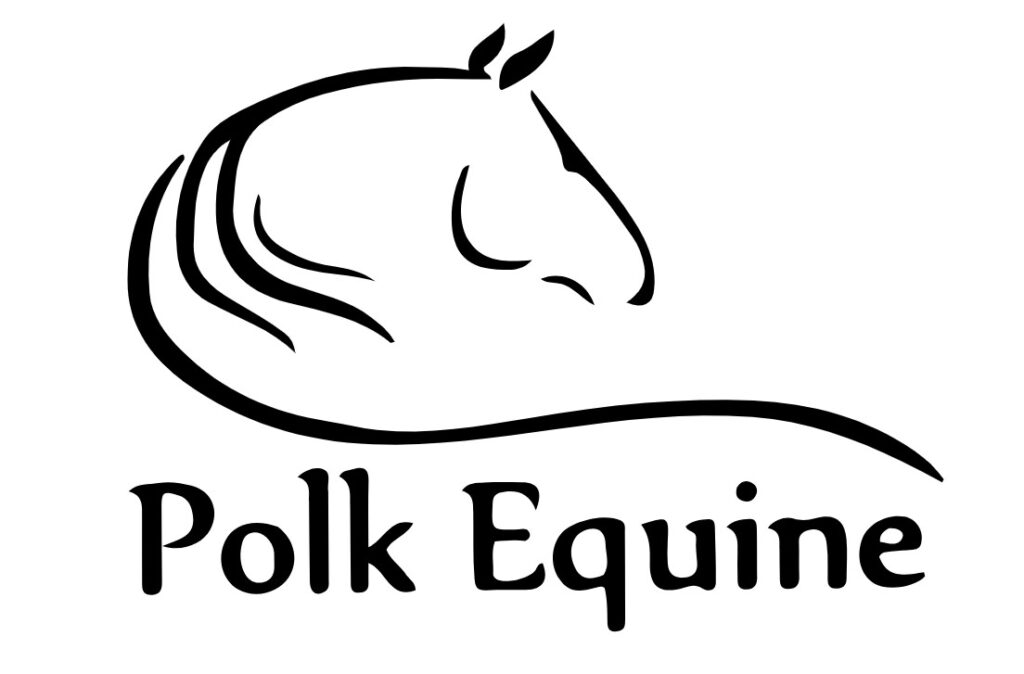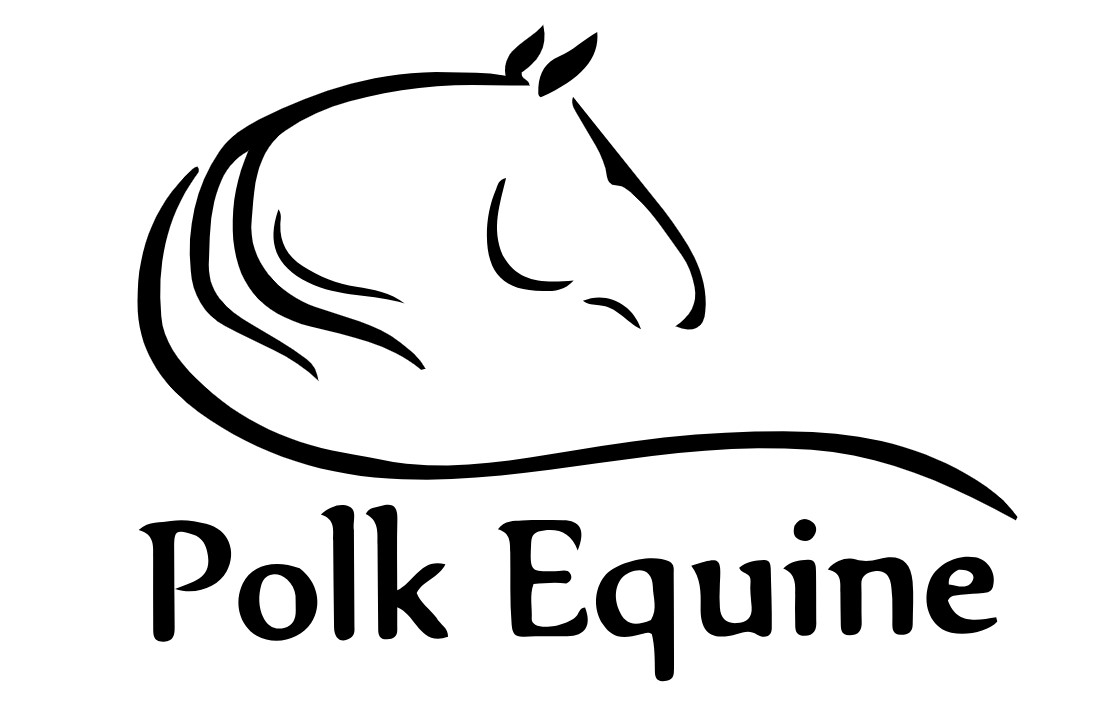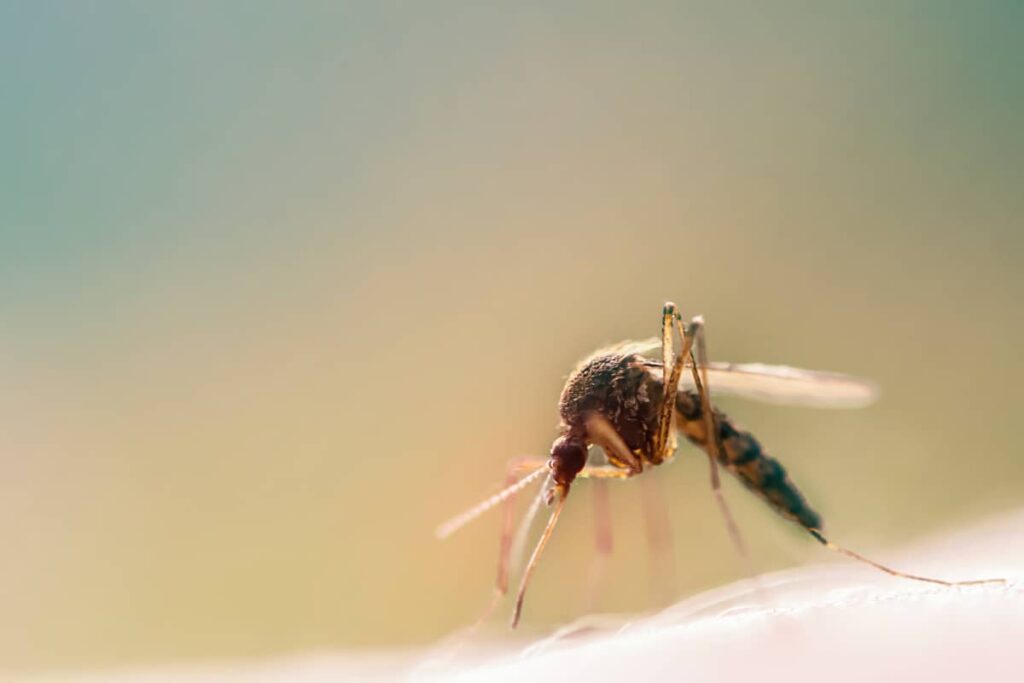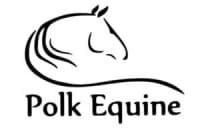WNV is a virus spread by mosquitoes and can infect multiple animal species including humans. The virus persists in wild birds, mosquitoes biting the infected birds can transmit the virus to other animals and humans. Humans and horses are considered “dead end hosts”, meaning when a mosquito bites an infected horse they can not pass the virus to another horse nearby. This appears to be due to mosquitoes being unable to take in enough virus from their blood to transmit to others.
Clinical signs range from mild lethargy to complete incoordination and death. Many horses don’t develop any clinical signs (vaccinated horses) and recover without issue. If the horse does show clinical signs you may notice fever, lethargy, inappetence, incoordination, weakness, seizures or an inability to stand. If your horse develops any abnormal or neurological signs, you should contact your veterinarian to rule out WNV or another problem.
There is no specific anti-viral treatment or cure for WNV, horses are treated with supportive care, anti-inflammatories and IV fluids. Recumbent horses or horses with severe clinical signs are at increased risk of death or requiring euthanasia. WNV has a mortality rate of just over 30% but most horses fully recover from an infection.
The best way to minimize clinical signs of WNV if exposed is vaccination of horses and mosquito control. The American Association of Equine Practitioners (AAEP) recommends that the WNV vaccine should be incorporated in your horse’s annual core vaccine protocol. Due to the consistent mosquito population in Florida, we booster mosquito vaccines every 6 months.
Mosquito control should include removing stagnant water sources, regular cleaning of water buckets and troughs. You can also use equine safe mosquito repellants or bug sheets to keep the mosquitos away.




